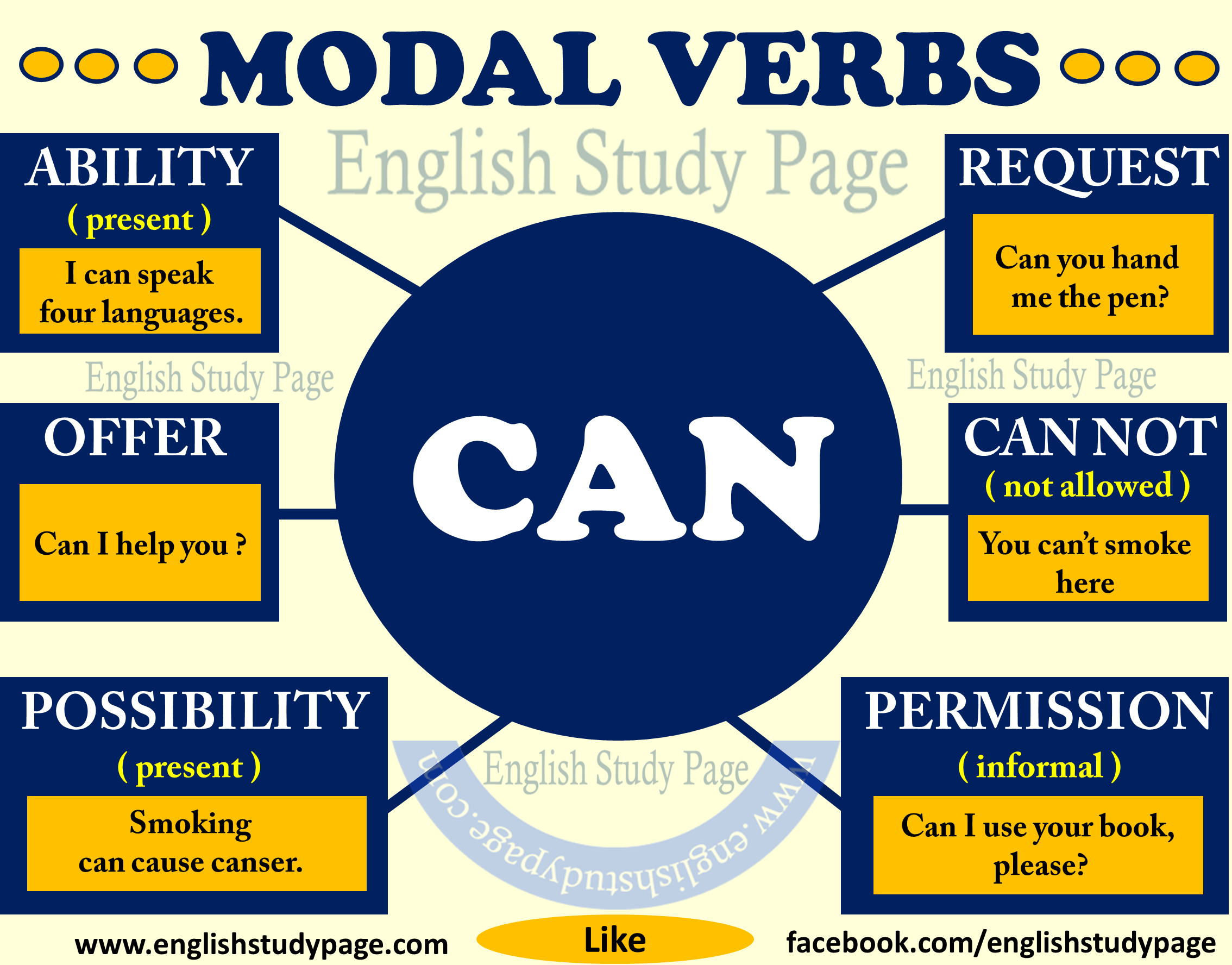Los pronombres reflexivos se usan cuando el sujeto y el complemento del verbo son lo mismo. El sujeto hace la acción a sí mismo. En inglés no se utilizan los verbos reflexivos tanto como en español. En vez de verbos reflexivos, utilizamos uno de los siguientes pronombres reflexivos.
| Pronombres reflexivos | Ejemplo |
|---|
myself
yo mismo, a mí | I saw it myself.
Yo mismo lo vi. |
yourself
tú mismo (a tí), usted mismo (a usted) | Don’t burn yourself!
¡No te quemes! / ¡No se queme! |
himself
él mismo, a sí mismo | He hurt himself.
Se hizo daño. |
herself
ella misma, a sí misma | She did it herself.
Lo hizo ella misma. |
itself
él mismo, a sí mismo | The cat scratched itself.
El gato se rascó. |
ourselves
nosotros mismos | We made it ourselves.
Lo hemos hecho nosotros mismos. |
yourselves
vosotros mismos, ustedes mismos | Did you paint the house yourselves?
¿Pintasteis la casa vosotros mismos? / ¿Pintaron la casa ustedes mismos? |
themselves
ellos mismos | They were speaking to themselves.
Ellos hablaban consigo mismos. |
Grammatical Rules (Reglas gramaticales)
1. Podemos utilizar pronombres reflexivos con la mayoría de verbos transitivos, pero los más comunes son los siguientes:
blame (culpar, echar la culpa a),
cut (cortar),
enjoy (disfrutar),
help (ayudar),
hurt (hacerse daño),
introduce (presentarse),
prepare (preparar),
teach (enseñar)…
Ejemplos:
| How did he hurt himself?(¿Cómo se hizo daño?) |
| We really enjoyed ourselves while on holiday.(Realmente disfrutamos mientras estábamos de vacaciones.) |
| I blame myself.(Me culpo.) |
2. Cuando queremos enfatizar el sujeto, podemos usar pronombres reflexivos. En estos casos, es más común colocar el pronombre al final de la oración en lugar de después del verbo.
Ejemplos:
| We painted the house ourselves.(Pintamos la casa nosotros mismos.) |
| What a great party! Did you prepare everything yourself?(¡Qué gran fiesta! ¿Lo preparaste todo tú mismo?) |
3. Usamos “by” + el pronombre reflexivo para indicar “solo”.
Ejemplos:
| I often prefer to be by myself.(A menudo prefiero estar solo.) |
| She learned to read all by herself.(Ella aprendió a leer por sí misma.) |
4. El uso del pronombre reflexivo con algunos verbos puede cambiar el significado.
Ejemplos:
| Help yourself to some coffee.(Sírvete un café tú mismo.) |
| We found ourselves in the middle of a very complicated situation.(Nos encontramos en medio de una situación muy complicada.) |
5. No utilizamos pronombres reflexivos para acciones que la gente suele hacer a sí misma.
Ejemplo:
| I have to shave every other day.(Tengo que afeitarme cada dos días.) |
I have to shave myself every other day.
6. Utilizamos pronombres reflexivos en algunas expresiones.
Ejemplos:
| Behave yourselves!(¡Compórtense bien!) |
| Help yourself.(Sírvete tú mismo.) |
| Make yourself at home.(Siéntete como en tu propia casa.) |


